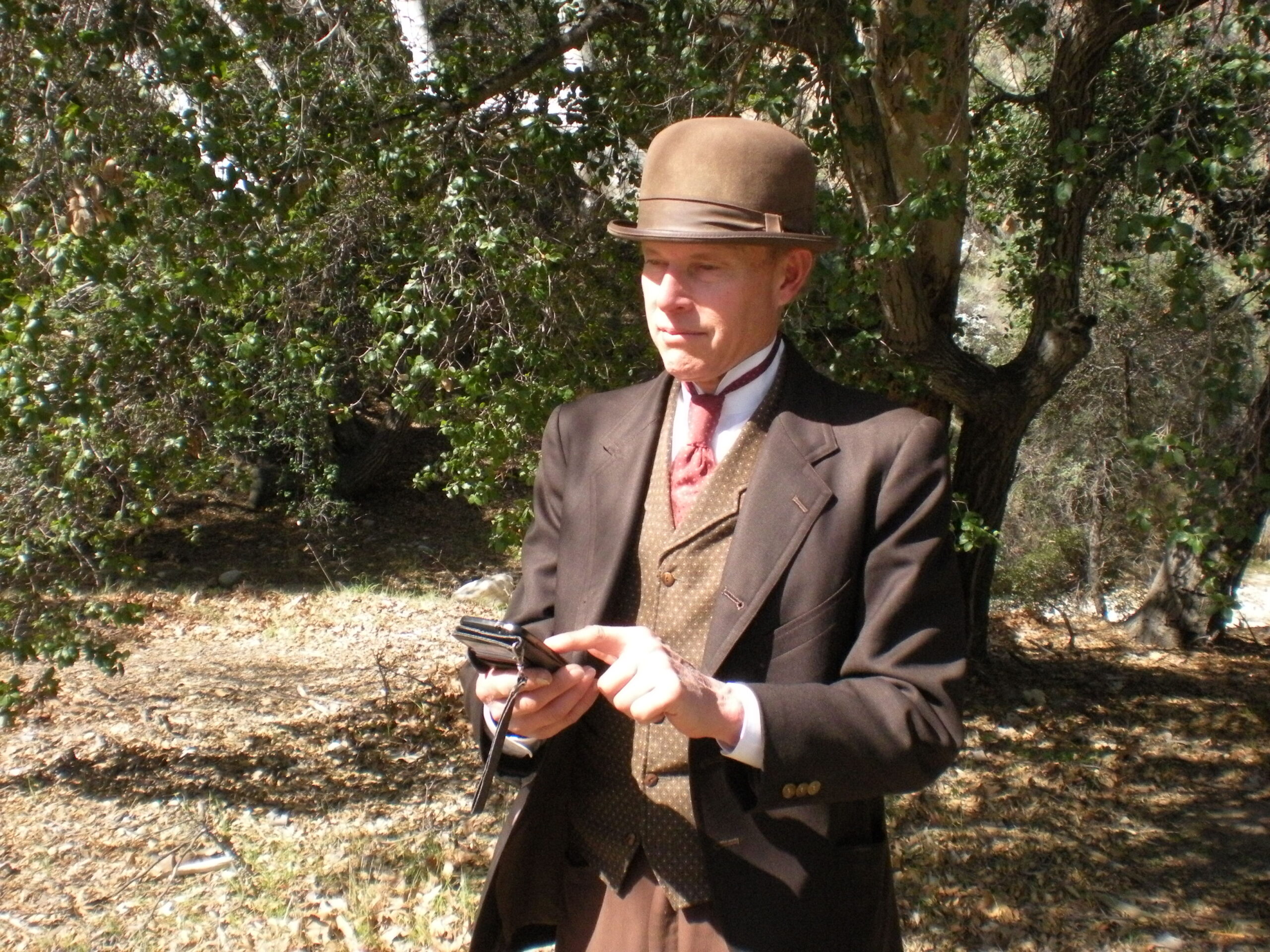UNITED STATES—In the spring of 1990, a new crown jewel became part of the budding Wylie empire. A real estate woman Jim Wylie knew got wind of a Victorian on East Adams, near Maple. An amazingly restored Victorian with a dark history. The place had a certain Gothicism and it looked like a place the Addams family could easily call home. I carry the impression that, rather than restored, it had been scrupulously preserved. Going to that house at 459 E. Adams was to step into another era.
A gay couple had lived there, and one of them got killed. Wylie acquired it from the surviving partner of the couple. The dead partner had a daughter from a previous marriage who was now a young woman. There was bad blood between the dad and the girl’s boyfriend, who was a drug dealer. The dad had told the boyfriend to stay away from his daughter. That must have pissed him off. The boyfriend came and shot the man while he was eating lunch in the kitchen.
Wylie added this choice morsel to the tale, “After shooting the man eating his lunch, the boyfriend then sat down and finished eating the other half of the man’s sandwich.”
That was the twisted event that lead to Wylie’s ownership of this grand dame of a house. The real estate woman called him right after the body was taken out. Given the circumstances, he was able to make a low offer, equivalent to, oh, what a pack of cigarettes would cost today.
It had heavy, ornate carpets up the stairs, held in place by brass bars, all kinds of nooks and crannies and ornate carving, all the decorative porn the Victorian architectural imagination could conjure. And in one of those nooks sat a rosewood player piano with candle holders attached.
The East Adams showplace with a macrabe past became the setting of one of my memorable room showings.
I got a call from a man who told me he was a professional pianist. His voice sounded slurred or impaired. It didn’t matter; we needed bodies to fill the rooms for rent–live bodies that is. He came to the doorstep of Manhattan Place, where we had an opening, looking like a beggar, blade of yellow grass in his thatch of hair, a holey tweed jacket, bug-eyed, weathered skin and bones. Just making the appointment put him on a higher plane than half of humanity who made appointments with me; nevertheless, he wasn’t suited for Manhattan Place, this Korea-town fringe house of office workers, actors’-cum-waiters, paralegals-cum-screenwriters. I told Paderewski diplomatically that he may not fit in well with our current residents. And as for professional pianist, it was a fantasy.
I had a bright idea. I drove him to the house on East Adams, past Figueroa, the new far-eastern boundary of the Wylie empire. We crossed the parlor on our way to the room that was upstairs. I was about to go upstairs when the man got a glint in his eyes and said, “I can’t resist playing a piano.”
This seedy looking bum—dry grass threaded in his tweeds and in his hair—sat down on the stool and his hands danced like Pavlova’s slippers over that patinaed ivories. Out came a rich, lucid “Moonlight Sonata.” It was an interpretation of Beethoven that will stay with me as long as Jim Wylie will remember the murder that lead to his ownership of the East Adams manse. Forever.
And it makes me wonder how much soul and beauty dwell in the breast of beaten, humble bodies, relegated to mean streets and libeled by the clothes of a bum. That rendition, in that parlor, that hot noonday in 1990 made a lump in my throat.
The man was excited about the prospect of being so near USC’s music school, where he used the practice rooms. He could sure play a piano, and taught me not to judge a book by the cover, but still I did not rent out a room to that man.
Grady Miller is a humorist. You should read his early pieces in “Late Bloomer” (on Amazon) selected from when he used to be funny.






